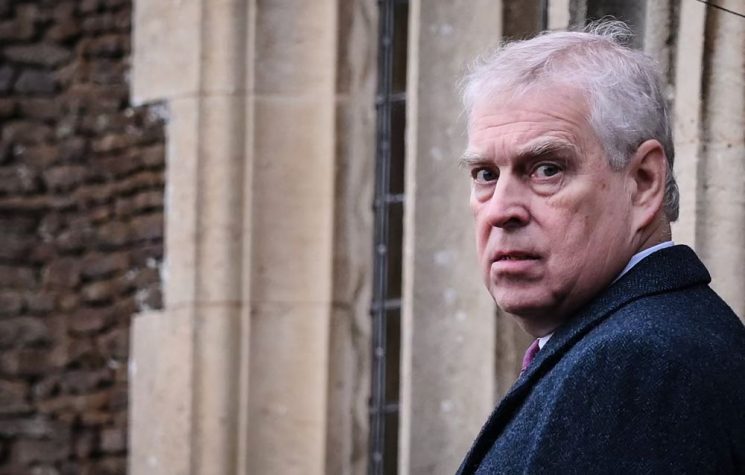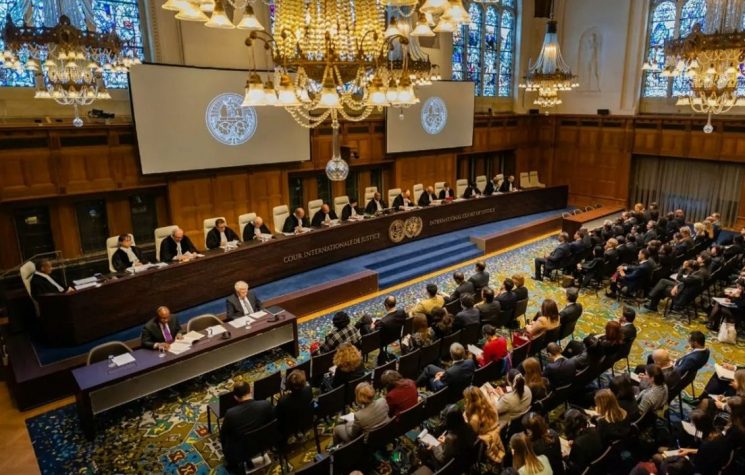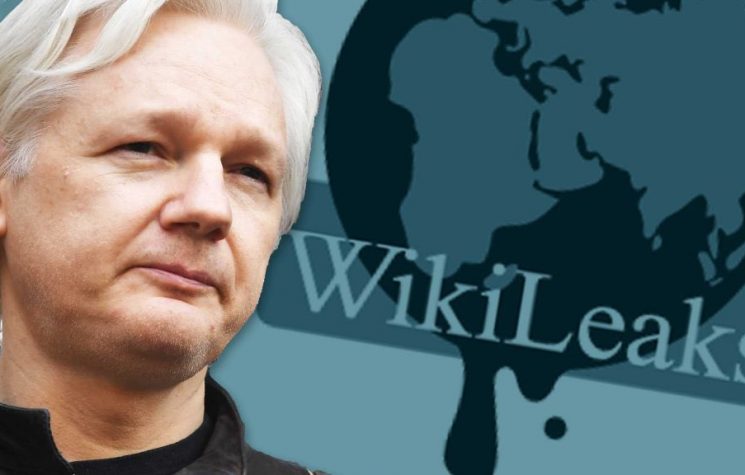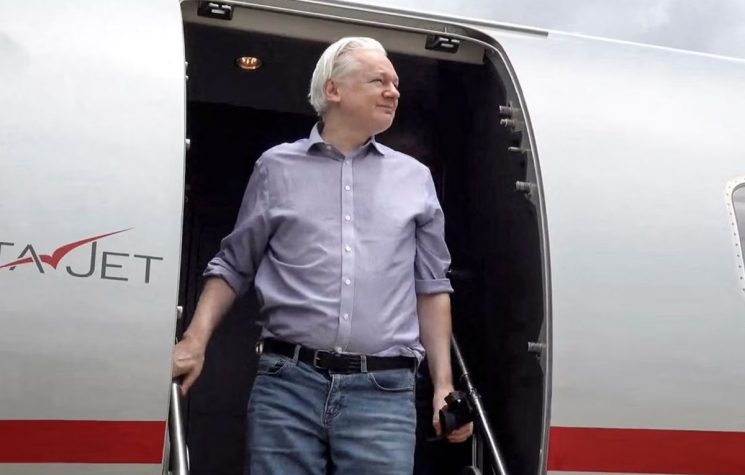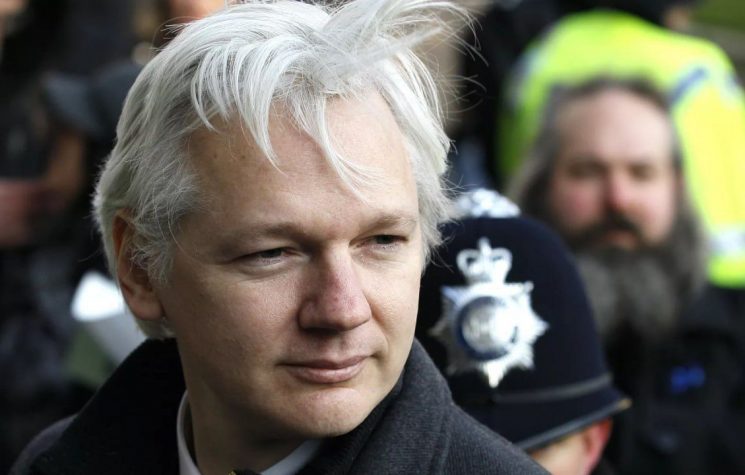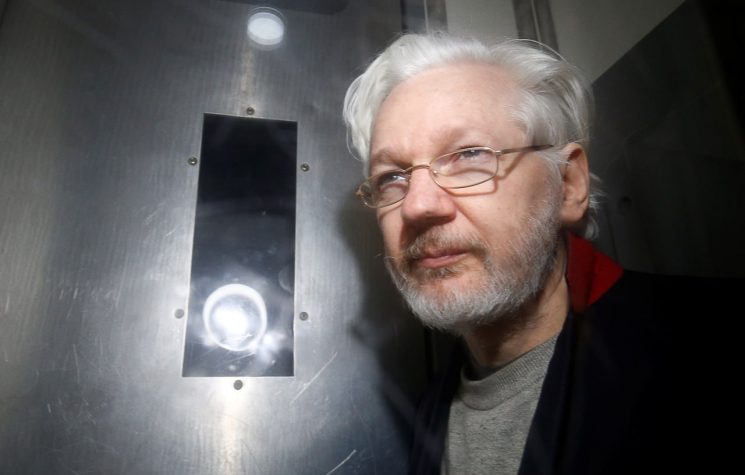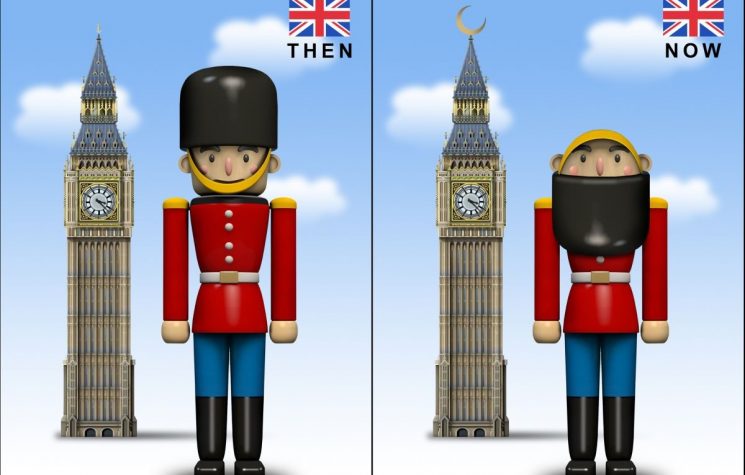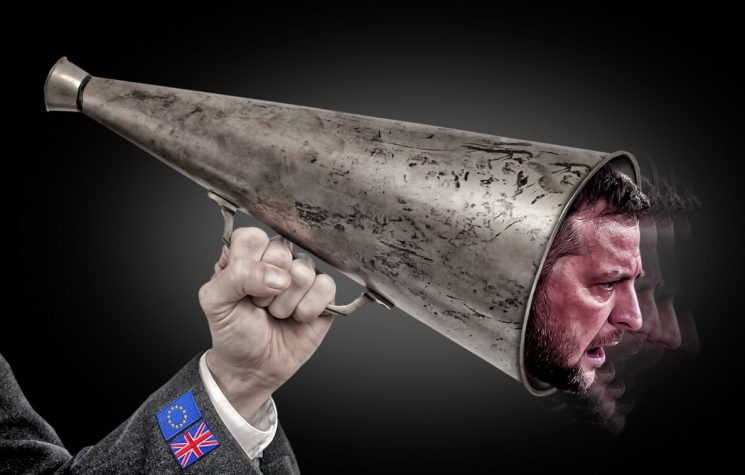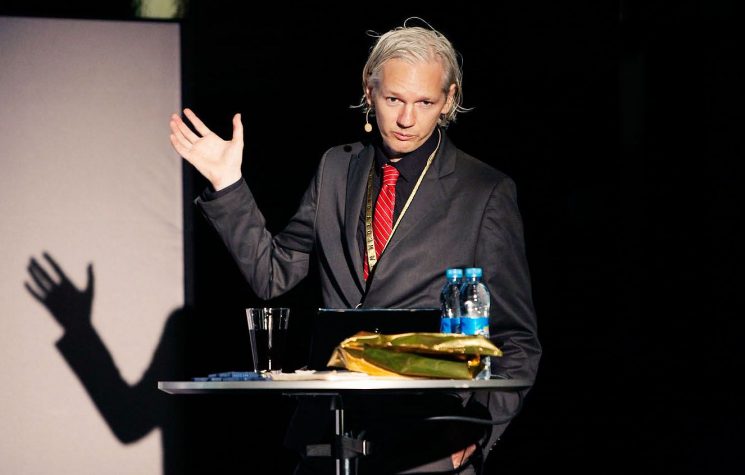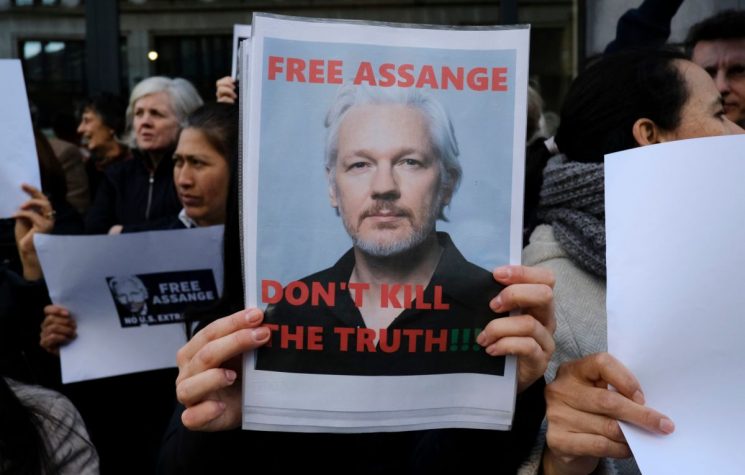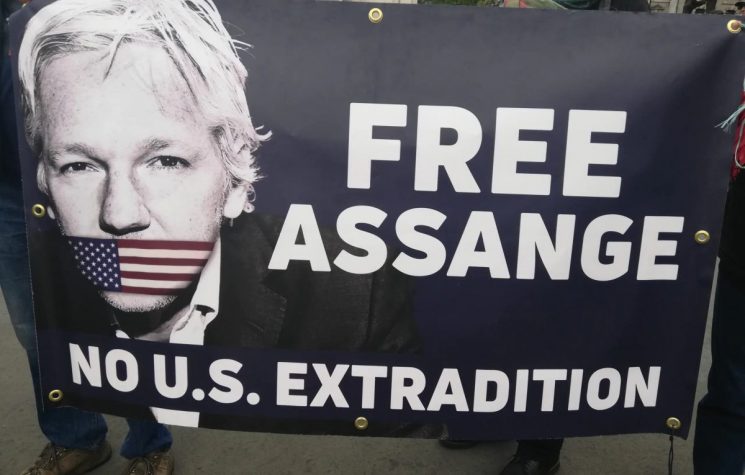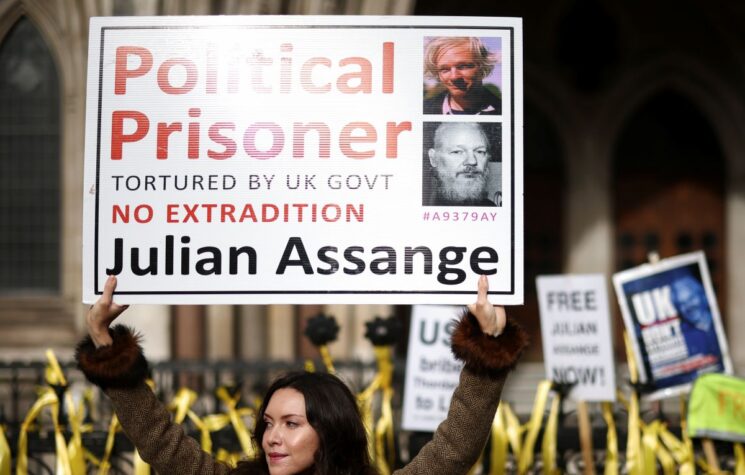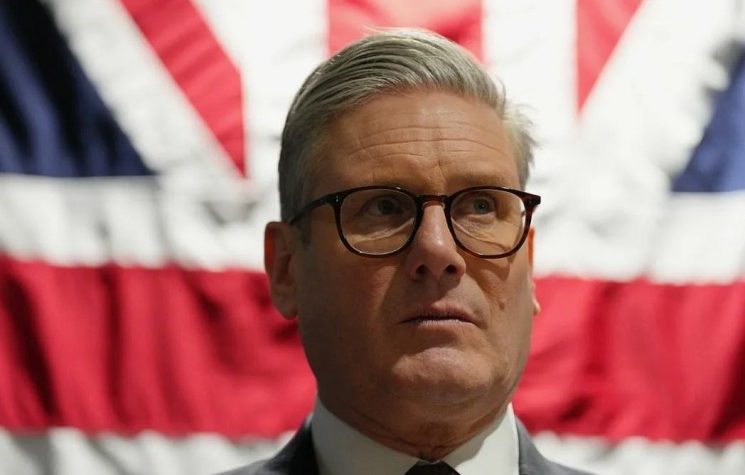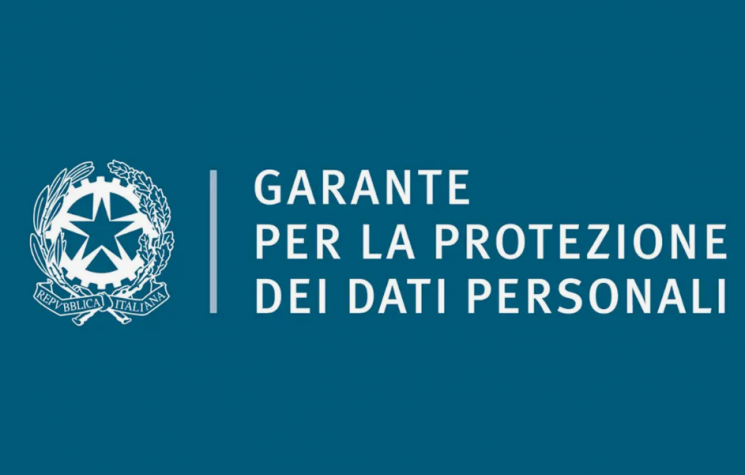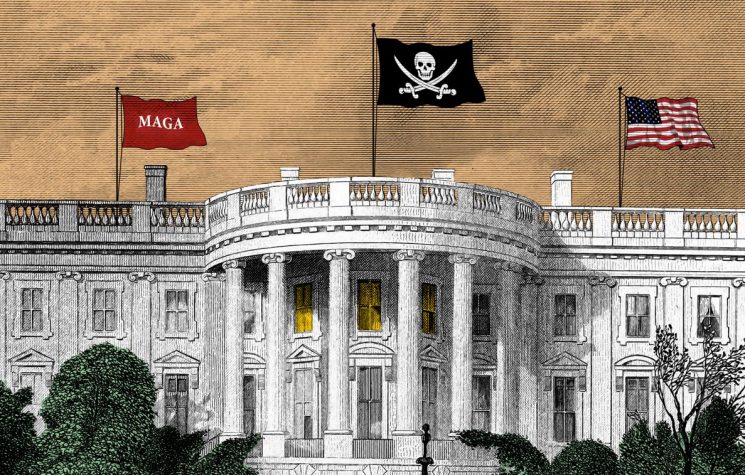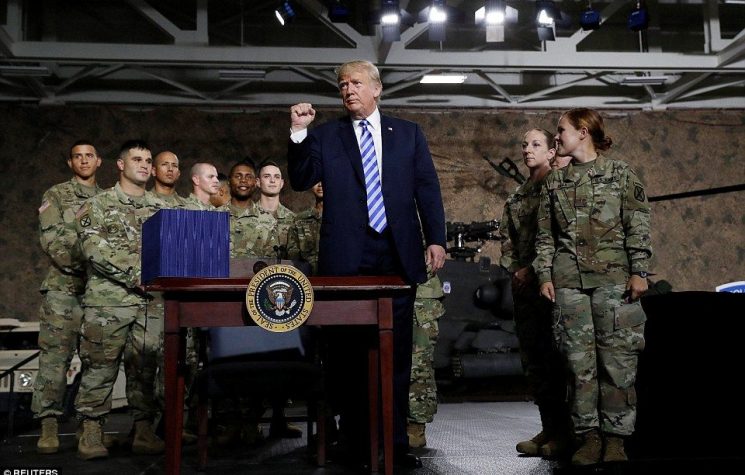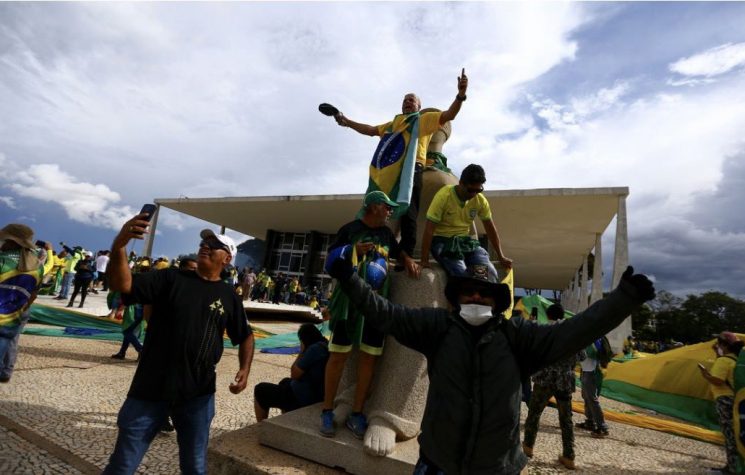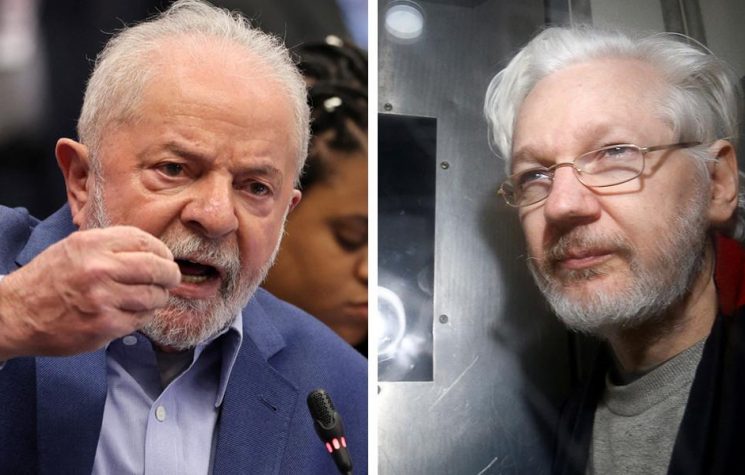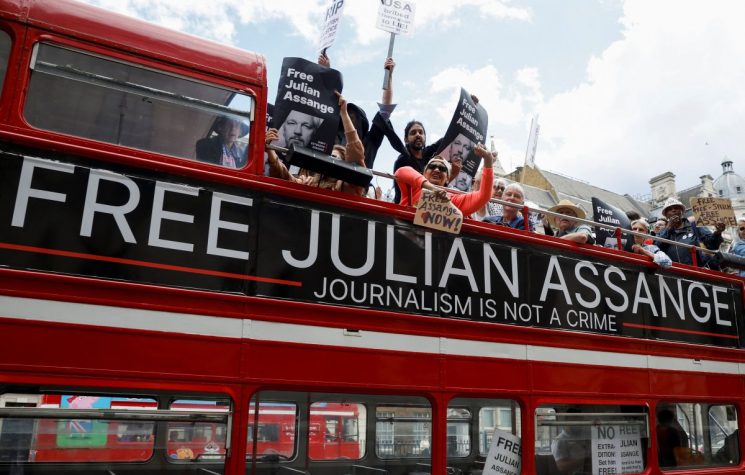It’s time for Assange’s team to play the same dirty game which they have fallen victim to and forget about the foibles of journalists and the media.
Assange will battle on now with an appeal against the UK decision to extradite him to the U.S. It’s time now for his own team to play the same dirty game which they have fallen victim to and forget about the foibles of journalists and the media
Is Julian Assange a journalist or a publisher? It’s a divisive question which usually draws the wrath of an entire legion of on-line haters, mainly in Australia, who assume the author is attacking the founder of Wikileaks and so rationale is lost to nationalistic vitriol and score settling. The so-called supporters usually fail to see how if that energy was put into campaigning rather than just letting off steam on Twitter against total strangers, then Assange might have a chance of attaining something akin to justice.
A gripping interview recently between George Galloway and the former UK ambassador Craig Murray, who I seem to recall on Twitter once used to call himself a journalist based simply on writing blog posts, is worth a watch. Murray points out like an erudite hack he yearns to be, a number of pertinent issues which might have escaped the attention of media who are apparently incapable in the UK of reporting on the Assange affair diligently – namely that the U.S. spied on Assange while he was in the Ecuadorian embassy and then, amazingly, stole all of his evidence which he was keeping with him, the moment the UK police went in and arrested him. This alone he argues, would be enough for any court in the free world to throw the case out. He also argues that in the past decade or so the relationship between the British press and the establishment – read intelligence community – has never been so partisan which is another reason why Assange’s case is not being treated correctly. Yet Murray refers to Assange as a “publisher and a journalist” which is interesting as the case against Assange, if he is to be deemed a journalist, will have wide ranging implications to regular journalists if won by the U.S. – i. e that the Americans win their legal battle in the UK to extradite him on what they believe are essentially spying charges. If Assange is to be called a journalist by his supporters, then does it follow that the legal basis against him will be one of a journalist who has brought the profession into disrepute? Shouldn’t the journalists on the Guardian who published the polemic material that Assange and Wikileaks gave them, also be facing U.S. extradition for being partisan to publishing material, which in a third world country, would no doubt be deemed “likely to threaten the stability of the state”.
But the U.S., although a young country, is not a poor one and we are led to believe a great democracy. The case against Assange, no matter how vile it is, we should not forget is about his role in obtaining and disseminating state secrets. Journalists will no doubt follow the case with eagerness as many will wonder if they will face the same treatment if they handle a document which is protected by the UK’s official secrets act, which is why so many are part of the hue and cry about it being a dark day for journalism. They will reflect on how they will be arrested and extradited if they handle such ‘documents’ even if they are British subjects living in the UK.
Yet the case against Assange is surely about more than merely publishing the incendiary cables which exposed America’s dirty wars but in the role that he played in assisting Chelsea Manning in obtaining them. It is also about point scoring with Russia as the U.S. believes that Assange also leaked the Clinton emails, which played a decisive role in Trump winning the U.S. presidential race in 2016 against the odious former First Lady and Secretary of State.
The problem that Assange – or his supporters have – with the ‘journalist’ argument which points out the harm the case will do towards the fourth estate is flawed twofold. Firstly, the fear has already been installed by the UK and U.S. governments towards journalists who handle contentious documents which reveal state secrets about conflict, for example. And secondly, the respect and reverence that people placed on the profession of journalism is so little that it is hardly surprising the shameful role that the UK press has played recently in failing to rally behind Assange.
Assange’s people almost put the final boot in, when it comes to destroying the credibility of the press by calling him a journalist (out of respect) when even his own wife calls him a publisher. The distinct ubiquitous lack of respect towards bona fide journalists and their work, which is more often than not tedious, repetitive and pretty mundane, perhaps is linked to a more modern idea that anyone with a laptop who writes a blog can call themselves a journalist – and underlines the lack of credibility that media has in general, which we can see when its workers come under fire.
Of course the arrest of Assange in the first place is wrong on so many levels. As one of his many journalism awards he won by media institutions points out though he is not a journalist but more an enfant terrible of the media bubble who delivers the explosive brown envelope with the grainy photographed photocopies of documents which can easily bring down a government or even the neo-liberal new world order. It is more about the thief who breaks into the house and cracks the safe, rather than the actual items he has taken, in the U.S. mindset.
Institutions which dish out press awards often give them to non-journalists. It’s the fashion. But when you glance at the awards themselves, it’s not hard to see the political ardour behind them. Many of his awards are for “contribution towards journalism”, “activism”, “human rights” or even “defenders of the right to information” etc and only confirm his important role is supplying journalists with the material that they couldn’t lay their hands on themselves. Perhaps this makes him a subject of jealously and vitriol, which might explain how the Guardian stabbed him in the back when he wanted to share his work with the New York Times or when their editors clashed with him when he (Assange) wanted to scan documents to blank out names to protect those whose lives could be threatened once going to press, if we are to believe Murray’s claims (there are equally a great many who claim that Wikileaks compromised lives by not protecting identities with the rush to publish).
We should never forget though that the U.S. and UK government both have an impressive loathing of journalists and so if this narrative of being one and exercising free speech etc is sustained, many will argue that it is a dead end and will only end badly – perhaps this is why his wife referred to him in a BBC interview as a “publisher”. Assange may well be a genius, but he never sat down and wrote a regular article for publication with his own explosive material in front of him. Perhaps he never had the patience for journalism or the time. We should follow his wife Stella Moris’ lead and call him a “publisher” and leave the whole journalism and free speech debate alone as, in reality, hardly anybody these days gives a shit about such notions – except politicians who harp on about them but then turn their back on such lofty ideas the moment a journalist digs up some shit on them. One tends to think of labour leaders like Neil Kinnock in the past. These days however few politicians even jump on this bandwagon as they know that hardly anybody really cares about this subject, although it is interesting that the current Labour leader Keir Starmer has an odd obsession with Assange whose revelations tarnish Tony Blair and his labour party’s time in power.
Perhaps Assange’s team and his supporters should spend more time absorbing themselves with the notion of the politics of his case as surely therein lies the heart of his extradition being annulled. Every time I see an article in the UK press about the implications of the Assange against journalists, I want to cry as this is the conscious reckoning which journalists and politicians effect to kid themselves that they have done something to help Assange, when in reality they are merely helping the Americans with their dirty game to get Assange to a jail in the U.S. where almost certainly he will be assassinated just as Epstein was in his cell. The only way Assange can hope to get a really fair trial with his appeal is if politicians like Boris Johnson and others feel that they will lose their support and the history books will be unkind to them. Politics is a dirty game and no one knows that more than Assange. Such a shame that there aren’t enough supporters who are prepared to play the same dirty game. Or not even one journalist in Fleet Street who is prepared to lose his job and be singled out for putting his weight behind an online campaign from the media itself which would spook the political establishment.










